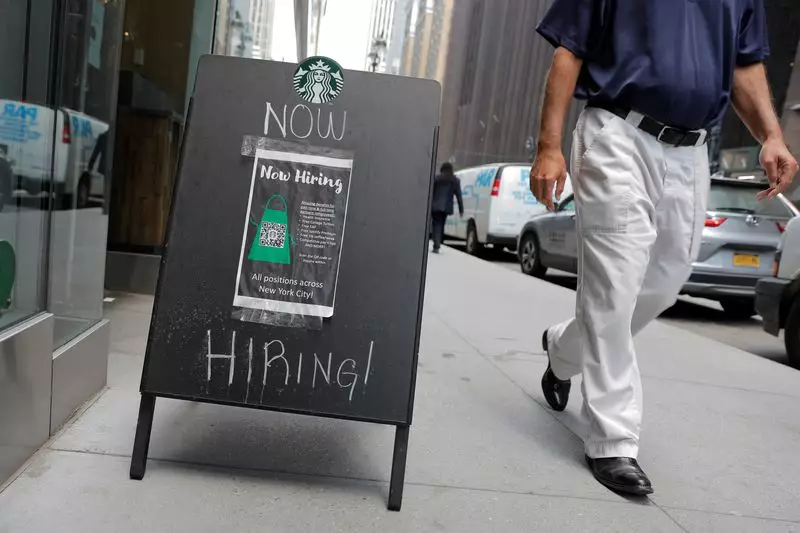As we approach the end of 2024, discussions surrounding the U.S. economy often pivot toward the potential for a recession. However, Wells Fargo strategists present a compelling argument for why a soft landing might be more plausible. The ongoing adjustment in economic activity reveals critical developments that suggest a more hopeful trajectory. These insights provoke a more nuanced understanding of economic indicators that belies the fears often associated with widespread financial downturns.
Wells Fargo emphasizes that the Federal Reserve’s strategy is pivotal in shaping economic durability. The recent decision to lower interest rates marks a significant shift, the first of its kind since the pandemic’s onset in 2020. By reducing rates, the Fed aims to foster an environment conducive to spending and investment, which historically has been a counterbalance to sluggish growth trends. The feedback loop between lower interest rates and consumer spending can act as a catalyst for economic revitalization.
Additionally, the concept of disinflation—where the rate of inflation decreases—plays a critical role in this analysis. Unlike previous economic cycles where inflation surges were precursors to deeper recessions, current disinflationary trends provide an optimistic backdrop, enhancing real incomes and improving consumer confidence. With inflation easing sooner in this cycle, the chances for gradual economic recovery instead of a steep decline appear more likely.
Another cornerstone of Wells Fargo’s optimism is the labor market’s resilience. Although an uptick in unemployment rates can be anticipated, the origin of this shift largely stems from an influx of new entrants into the workforce rather than mass layoffs. Key sectors, particularly healthcare, are experiencing growth that offers a buffer against broader economic declines. This sector’s propensity for expansion aligns with demographic trends, indicating a sustained need for services, which can help stabilize employment levels.
Moreover, the service sector, which accounts for a substantial portion of the U.S. economy, demonstrates remarkable strength. As these industries continue to thrive, they serve as a counterweight to potential economic pitfalls, suggesting that elements of resilience are woven into the fabric of the current economic landscape.
Wells Fargo’s analysis also underscores the significance of accommodating financial conditions. These conditions are crucial for sectors sensitive to credit, such as small businesses and real estate. The absence of a severe financial crunch that typically precedes a recession signifies a favorable economic climate. This stability allows businesses to navigate challenges more effectively, ultimately cushioning the economy against harsher downturns.
The strategists argue that the timing of the Federal Reserve’s interest rate cuts is astute, providing essential relief to the economy. Although uncertainties loom—particularly concerning global economic health in regions like China and Europe—Wells Fargo remains steadfast in its conclusion that the risk of a recession is not immediate. The focus on sustaining growth while mitigating potential shocks reflects a measured approach that acknowledges both challenges and opportunities within the economy.
While caution is warranted in economic analyses, the factors outlined by Wells Fargo present a persuasive case for a soft landing rather than a disastrous recession. Understanding these dynamics offers a framework for navigating the complexities of the modern economic environment.

